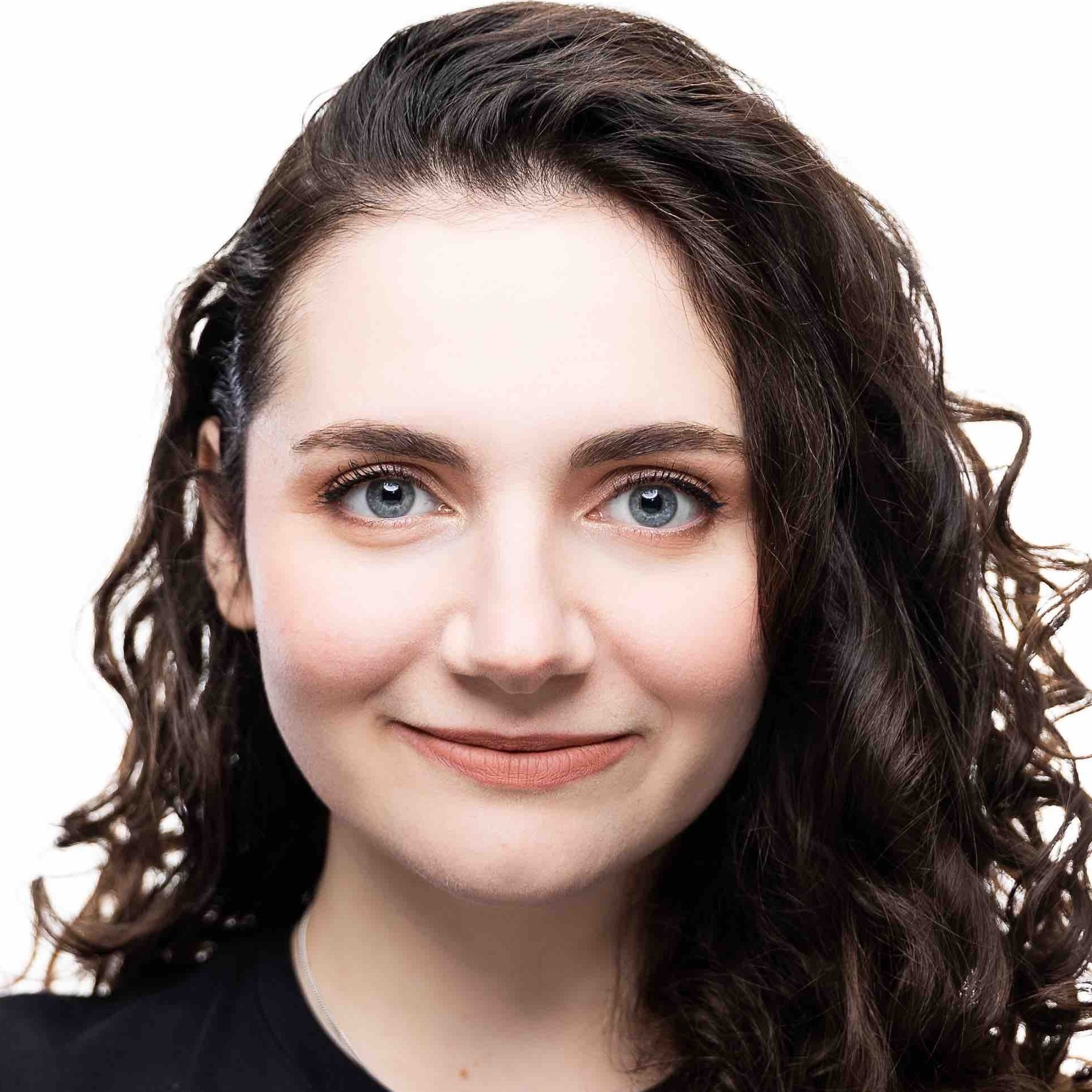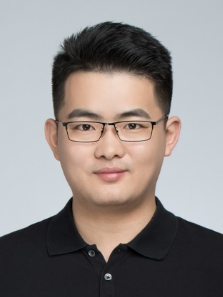UNICORN Workshop @ MICCAI 2025¶
Date: September 23rd, 2025
Location: Daejeon, South Korea
Note: The schedule below is tentative and subject to change.
Schedule¶
Session 1 — UNICORN Challenge¶
| Time | Talk |
|---|---|
| 08:00–08:15 | Welcome by the UNICORN Organizers (Alessa Hering and Francesco Ciompi) |
| 08:15–09:00 | Keynote: Magdalini Paschali (Stanford) From Promise to Practice: Foundation Models in Radiology |
| 09:00–10:00 | Introduction to the UNICORN Challenge (Datasets, Challenge Design and Baseline) |
| 10:00–10:30 | Coffee Break |
Session 2 — Oral Presentations: Challenge Winner¶
| Time | Talk |
|---|---|
| 10:30–10:45 | Announcement of the challenge winners and award ceremony |
| 10:45–11:20 | Presentation by winning teams — Leaderboard ALL Tasks |
| 11:20–11:40 | Presentation by winning teams — Leaderboard Radiology Vision |
| 11:40–12:00 | Presentation by winning teams — Leaderboard Pathology Vision |
| 12:00–12:20 | Presentation by winning teams — Leaderboard Language |
| 12:20–12:30 | Presentation by winning teams — Leaderboard Vision-Language |
Session 3 — Grand Challenge & Posters¶
| Time | Talk |
|---|---|
| 14:00–14:45 | Pushing the limits! New developments to make foundation model benchmarks possible on grand-challenge.org |
| 14:45–15:30 | Poster Session — all participants |
| 15:30–16:00 | Coffee Break |
Session 4 — Future of Foundation Models in Healthcare¶
| Time | Talk |
|---|---|
| 16:00–16:45 | Keynote: Hao Chen (HKUST) One Model to Rule Them All: Multimodal Foundation Models for Biomedical Image Analysis |
| 16:45–17:30 | Future of UNICORN and Closing |
Keynote Speakers¶
Magdalini Paschali¶

Affiliation:
Department of Radiology, Stanford University
Machine Intelligence in Medical Imaging Research Group (MIMI) and AI Development and Evaluation Lab (AIDE)
Title:
From Promise to Practice: Foundation Models in Radiology
Abstract:
Foundation models (FMs) are rapidly changing the landscape of radiology, offering a path beyond task-specific AI toward generalist systems trained on large multimodal datasets. Models such as Merlin, a vision-language model for 3D CT, and CheXagent, an instruction-tuned model for chest X-ray interpretation, demonstrate impressive capabilities, while also raising considerations around robustness, fairness, and clinical utility.
In her keynote, she will outline the core properties of foundation models, share lessons from these case studies, and discuss open challenges in evaluation, regulation, and integration of these models into clinical workflows. By tracing the journey from promise to practice, she will highlight both the opportunities and the responsibilities that come with bringing foundation models into radiology.
Biography:
Dr. Magdalini Paschali is a Postdoctoral Scholar in the Department of Radiology at Stanford University, working with Prof. Akshay Chaudhari and Prof. David Larson. Her research focuses on evaluating the performance and robustness of large-scale AI models for medicine and identifying early disease biomarkers. She is part of the MIMI group and the AIDE Lab.
Until August 2023, she was a Postdoctoral Scholar in the Computational Neuroimage Science Laboratory (CNS Lab) with Prof. Kilian M. Pohl, where she worked on multi-modal machine learning models for neuropsychiatric disorders.
She received her Ph.D. (Summa Cum Laude) in Computer Science from the Technical University of Munich (TUM) in 2021, under the supervision of Prof. Nassir Navab. Her dissertation focused on Learning Robust Representations for Medical Diagnosis.
Hao Chen¶

Affiliation:
Department of Computer Science and Engineering (CSE), Department of Chemical and Biological Engineering (CBE), and Division of Life Science
The Hong Kong University of Science and Technology
Title:
One Model to Rule Them All: Multimodal Foundation Models for Biomedical Image Analysis
Abstract:
The field of biomedical image analysis is being revolutionized by foundation models. Moving beyond single-modality, task-specific approaches, this talk explores the emergence of multimodal foundation models trained on massive, diverse datasets encompassing histology, radiology and text. We will discuss how foundation models can learn powerful, general-purpose representations that can be adapted to a wide range of downstream tasks, thereby paving the way for more generalizable and powerful AI in biomedical image analysis.
Biography:
Prof. Hao Chen is an Assistant Professor at HKUST (Departments of CSE & CBE, and Division of Life Science). He leads the Smart Lab focusing on large and trustworthy AI for healthcare and serves as Director of the Collaboration Center for Medical and Engineering Innovation. He received his Ph.D. from CUHK in 2017 and has published 100+ papers with over 35,000 citations (h-index 79). His research has appeared in Nature Biomedical Engineering, Nature Communications, Lancet Digital Health, Nature Machine Intelligence, MICCAI, IEEE-TMI, MIA, CVPR, ICCV, AAAI, and more. He has received the Asian Young Scientist Fellowship, MICCAI Young Scientist Impact Award, and several best paper awards. Prof. Chen also serves as Associate Editor of multiple journals and Area Chair of major AI conferences including ICLR, CVPR, and MICCAI. He has led teams to win 15 international medical AI challenges.
